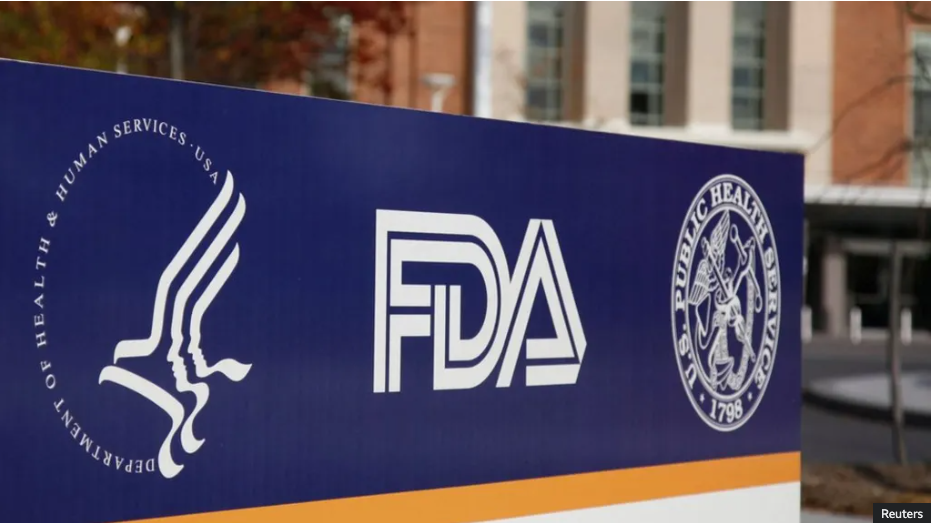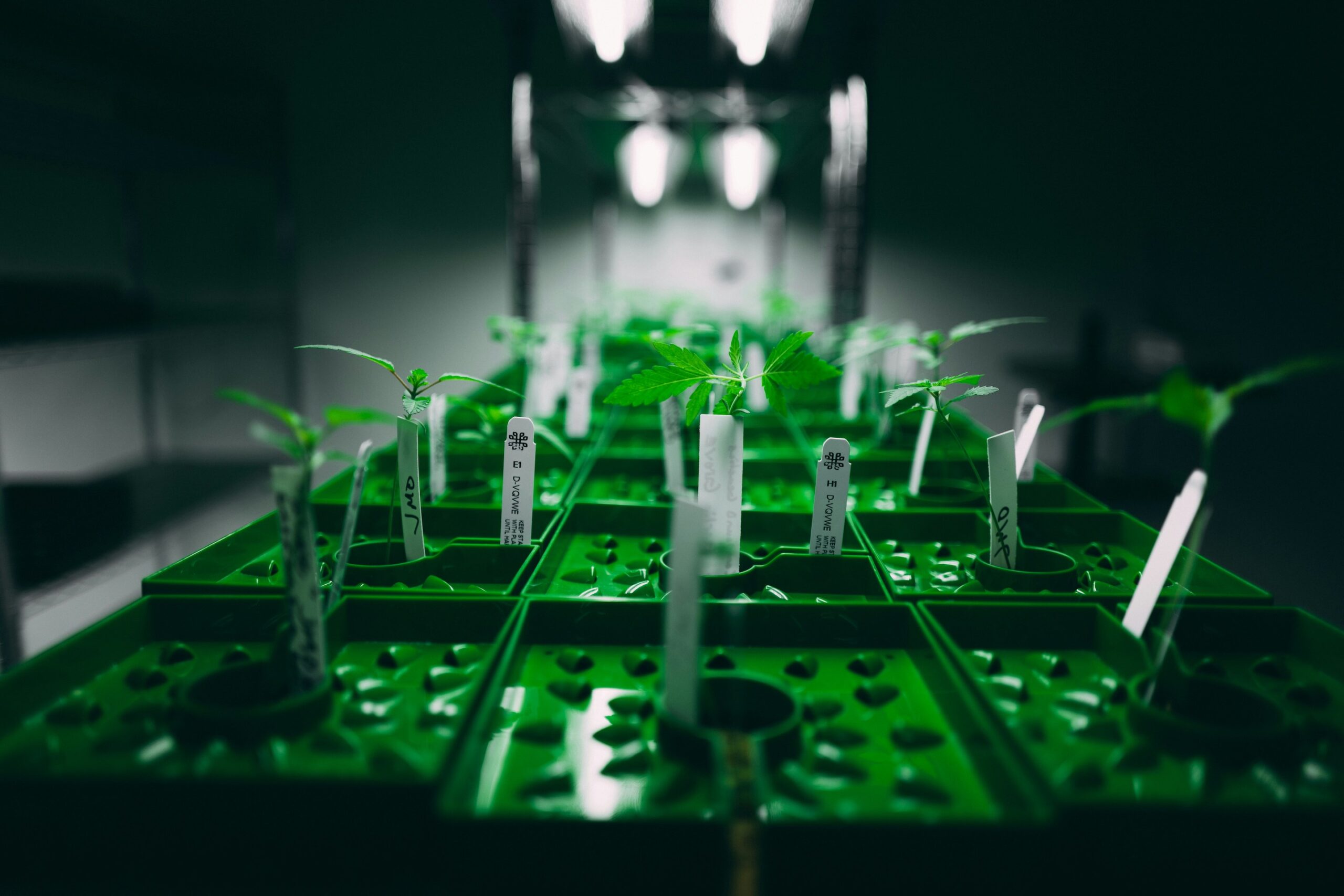February March 4th – March 11th, 2022
Syracuse University Opens Up New Programs in the Emerging Cannabis Industry
These programs aim to help interested individuals to launch a new career in the cannabis industry.
The cannabis industry is one of the fastest growing industries, with global sales expected to reach $33.6 billion by 2025. [1] Despite this, the industry is experiencing difficulties finding educated candidates for all available positions.
To help fill this gap, Syracuse University (S.U) in New York is partnering up with Green Flower, one of the world’s most comprehensive on demand training platform for cannabis professionals, to launch four new programs covering several key aspects of the cannabis industry (e.g., law and policy, business, health and medicine, and agriculture and horticulture.) [2] These online programs are tailored to last six months, costing about $3000 each and are designed for individuals who would like to get more experience in any of the above fields. [3] At the end of the program, a certificate will be awarded and can be used to land jobs in the cannabis industry.
Art Thomas, executive director of the office of Professional Acceleration and Microcredentials at S.U said: “There’s not a lot of well-trained people who have a background in cannabis, an understanding of cannabis, who understand the cannabis industry. This is ultimately why our programs are so critical to the industry.” [4]
Cannabis-Based Bakery Will Open in Rockford
This shop will celebrate its grand opening on March 16th.
Mrs. Buckbee’s Wake N. Bakery is in Rockford, Illinois, and will sell a wide variety of cannabis-infused products, including drinks, bakery items, candies with ∆9-tetrahydrocannabinol (∆9-THC), ∆8-tetrahydrocannabinol (∆8-THC) or cannabidiol (CBD). Customers will also be able to purchase dried cannabis flowers and concentrates.
Owner Erick Carlson said in a press release: “We have a very knowledgeable staff who can answer questions and explain how the different cannabinoids work. Whether you are looking for pain relief, stress relief, or a more psychoactive experience, we have got you covered.” [5]
∆9-THC and CBD are known to be the most used psychoactive and non-psychoactive phytocannabinoid compounds, respectively. ∆8-THC is less psychotropic than its “older sibling” ∆9-THC and is gaining increasing popularity specifically in US states where cannabis is not legal for recreational purposes. [6]
Medical and recreational cannabis became legal in Illinois in 2014 and 2020, respectively. [7],[8]
Update on Tetra Bio-Pharma Inc and University of Montreal Hospital Research Centre’s Phase I Clinical Trial Investigating Low and Moderate Doses of Inhaled Cannabidiol (CBD)
This is an important step towards a better understanding of CBD use in human health and behavior.
On March 8th, Health Canada officials approved the amendment of a Phase I study assessing the safety profile of cannabidiol (CBD) inhalation in healthy adults who occasionally use cannabis. The amendment will allow to increase the CBD dosage to 100 mg. [9]
This study is a placebo-controlled, triple-blind, crossover randomized controlled study to determine the cognitive, behavioral, and biological effects of low and moderate doses of inhaled CBD and will also assess its pharmacokinetic (i.e., movement of drugs through the body) and pharmacodynamic (i.e., body’s biological response to drugs) properties.
Tetra Bio-Pharma is collaborating with Dr. Jutras-Aswad, Chief of Staff of the Department of Psychiatry at the University of Montreal Hospital Research Centre, and a reference in cannabinoid research. He said: “This study will be critical to clarify the psychological, cognitive, and biological effects of CBD at doses that are commonly used by consumers. The approval from Health Canada is a major step in achieving these goals.” [10]
Tetra Bio-Pharma is a global leader in cannabinoid-derived drug discovery and development and is focused on programs in inflammation, pain, ophthalmology, and oncology, aimed at bringing novel drugs and treatments to patients. [11] They have several products in their pipeline, including REDUVOTM, a cannabinoid-derived drug indicated in chemotherapy-induced nausea and vomiting, pending regulatory approval of New Drug Submission. [12]
Recreational Cannabis Legalization and Cannabis Use Among Baby Boomers in California
Implementation of recreational retail sales did not lead to an increase in cannabis consumption among Californian Baby Boomers, a new study suggests.
Baby boomers are a demographic cohort, defined as individuals born between 1946 and 1964 during the post-World War II baby boom. This term was given in 1963 due to the high spike in birth rates, with nearly 72.5 million of babies born. [13] Although reports indicate that this cohort may consume more cannabis, there is limited research on how cannabis legalization may impact their use.
To answer this, a group of researchers at the University of California San Francisco conducted a retrospective study one year before and after the implementation of recreational cannabis sales in California to determine cannabis use prevalence. [14] Using the California Health Interview Survey (CHIS), the nation’s largest state-level health survey, they surveyed 42 330 respondents in 2017 and 2018 and divided them into Baby Boomers and non-Baby Boomers.
They did not find a higher use incidence in cannabis consumption after recreational legalization in the Baby Boomers group for any of the reported outcome variables (e.g., having ever used cannabis, use in the past 30 days, or having formerly used cannabis) but reported that the cannabis prevalence was higher in the non-Baby Boomer cohort.
Some study limitations included the possibility of inaccurate responses due to sampling, recall, or social desirability bias, lack of information about the mode of consumption, and the type and dosage of the phytocannabinoids used.
The authors concluded: “California Baby Boomers did not report higher use after recreational legalization and factors identified as predictors of cannabis use in past research were not associated with their use… Additional research on perceived risks of cannabis use would help resolve questions about whether they affected Baby Boomer decision-making.”
References
[1] https://www.statista.com/statistics/1005176/global-legal-cannabis-market-size/, assessed March 10, 2022
[2] https://www.green-flower.com/, assessed March 10, 2022
[3] https://cannabisprograms.parttime.syr.edu/, assessed March 10, 2022
[4] https://www.wrvo.org/regional-news/2022-03-10/new-classes-at-syracuse-university-highlight-cannabis-industry, assessed March 10, 2022
[5] https://www.mystateline.com/news/local-news/cannabis-infused-bakery-opens-in-rockford/, assessed March 10th, 2022
[6] Hollister LE, Gillespie HK. Delta-8- and delta-9-tetrahydrocannabinol comparison in man by oral and intravenous administration. Clin Pharmacol Ther 1973;14(3):353-7. DOI: 10.1002/cpt1973143353.
[7] https://www.ilga.gov/legislation/ilcs/ilcs3.asp?ActID=3503&ChapterID=35, assessed March 10th, 2022
[8] https://www.ilga.gov/legislation/ilcs/ilcs5.asp?ActID=3992&ChapterID=35, assessed March 10th, 2022
[9] https://twitter.com/TetraBioPharma/status/1501215120277520388, assessed on March 10th, 2022
[10] https://www.benzinga.com/amp/content/26037742, assessed on March 10th, 2022
[11] https://tetrabiopharma.com/, assessed on March 10th, 2022
[12] https://tetrabiopharma.com/pipeline/, assessed on March 10th, 2022
[13] https://www.familysearch.org/en/blog/baby-boomer-generation-characteristics, assessed on March 10th, 2022
[14] Carlson Z, Pham S, El-Sokkary J, Apollonio DE. Cannabis use prevalence among Baby Boomers before and after implementation of recreational retail sales in California. Subst Abuse Treat Prev Policy 2022;17(1):17. DOI: 10.1186/s13011-022-00443-9






